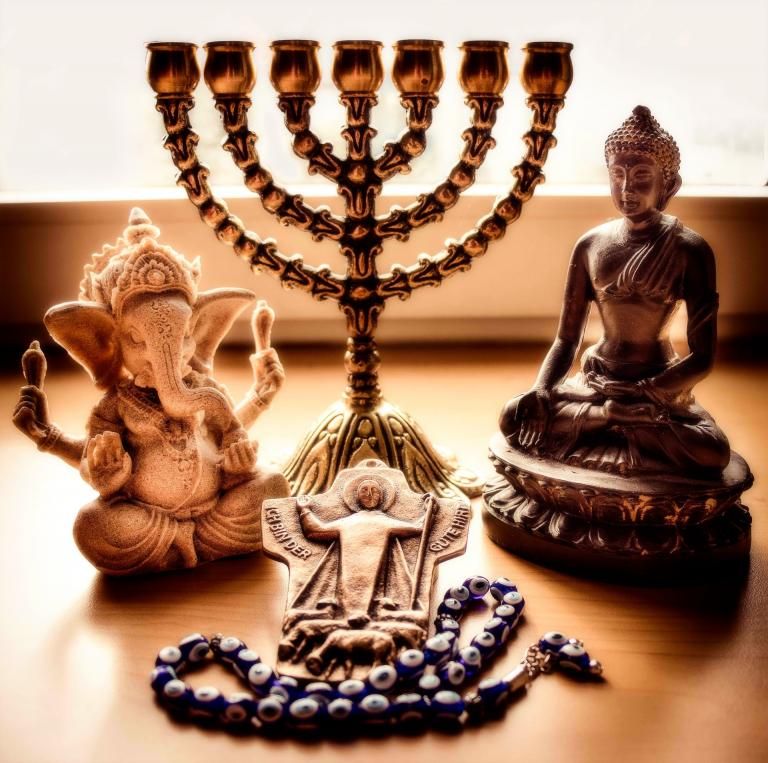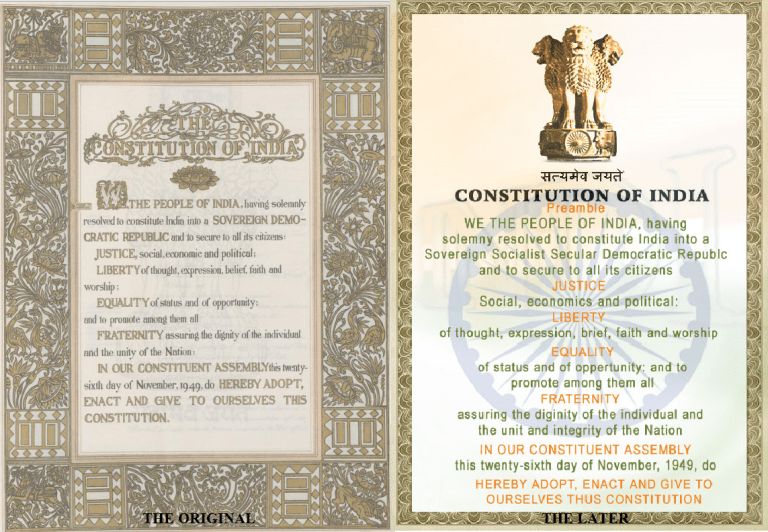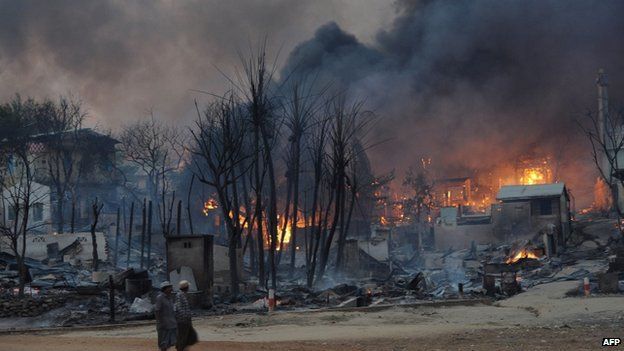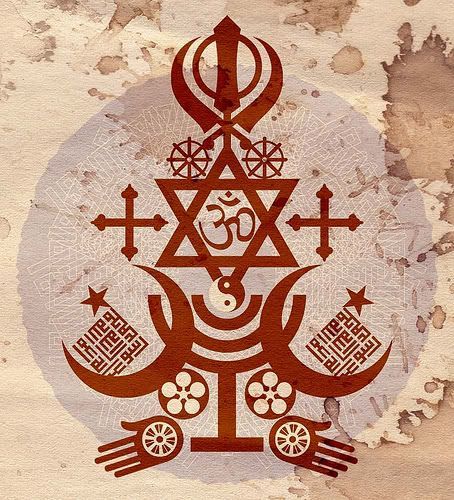Intolerant Religion, Tolerating ‘Riots’
Apr 28, 2019 • 232 views
“The hapless nation drowns, for swim it cannot
O Captain! Today you shall be watched
For determination and love
Hindu or Muslim? Wait! Who asks?
Captain! Proclaim: My Mother’s children are drowning Human all!”
-Rebel Poet, Nazrul

Ambiquity in the term, 'secularism'.
The 42nd Amendment of the Constitution of India enacted in 1976, during emergency by the Indian National Congress headed by Indira Gandhi. The Preamble to the Constitution asserted that India is a secular nation. The 42nd Amendment is regarded as the most controversial constitutional amendment in Indian history. Since then we have called ourselves a proud secular nation with a diversity of religion. India is a land that abides at least nine recognised religions. Secularism in India grants equal stature to all religions. People have the freedom to follow any religion.

Amidst the variety and infinite religious beliefs, it wasn’t always peace that prevailed. The land of India has long been witnessed to a number of religious riots killing innocents and making us question how can a law abide all the diverse beliefs of these nine religions?Fortunately, the system that prevails in India gives Judiciary the authority to present a well thought and unbiased view.
The recent past.
Talking about the present situation and just briefly highlighting the issues related to it. According to the 2011 census, 79.8% of the population of India practices Hinduism, 14.2% follow Islam, 2.3% adheres to Christianity, and 1.7% practices Sikhism.
The history of India has witnessed a number of religious riots, dating back to the riots that emerged just after the 1947 Partition of India and Pakistan - when Muslims left India for Pakistan and Hindus and Sikhs left Pakistan for India. The Ram mandir- babri masjid riot, anti-sikh riots of 1984, the massive killing of at least 2,000 Muslims in Gujarat in 2002 and the latest Muzaffarnagar Riots are just some big shameful riots of the past. There has also been a rise in communal and sectarian violence in India. The recent of the communal stir involves killing over ‘beef’ and ‘cow slaughtering’. Sadly, these communal riots ablaze the sagacity and common sense of even the highly literate human.

Communal riots in Myanmar.
Isnt it shameful of how we talk soo less of the North-Eastern states and their persistent issues?

The above picture is of the riots during partition in 1947.
The ruthless harsh reality and the way ahead.
India is a silent spectator of religion intolerance in recent times. Upholding the vibrant colours of every religious customs, we never had any biased eye towards any particular religion. We have had ministers and heads of every religion. But beyond the theatrics, the reality is that intolerance is a serious issue with important ramifications - both social and economic.
The very freedom of press was challenged when we saw mass random killing of journalist all over the country, be it Gauri Lankesh or Kalburgi. The issues of beef ban and hindutva were there always silently persistent but somehow political parties have made these issues their agendas for elections, aggravating the issue. This issue is made major concern for keeping the sanctity of the nation safe. The spread of fake news increases the anger amongst the sensitive minor masses. We tend to share and react to every social media news, making us more vulnerable to fake news.
The problems are immense but at the zero law enforcement level. The main issue is the unjust stand taken by believers and the people in the government. The authority should lay out sets of rules or guidelines. One must be aware how such pity points could insinuate a massive fire that couldn’t ever be justified. The pious beliefs of every religion needs to be bided by a set of common rulings and the route to power should not be through religious agendas. Protecting the very piety of India is the ultimate goal.
The spirit of rejection finds its support in the consciousness of separateness; the spirit of acceptance finds its base in the consciousness of unity. -Rabindranath Tagore

